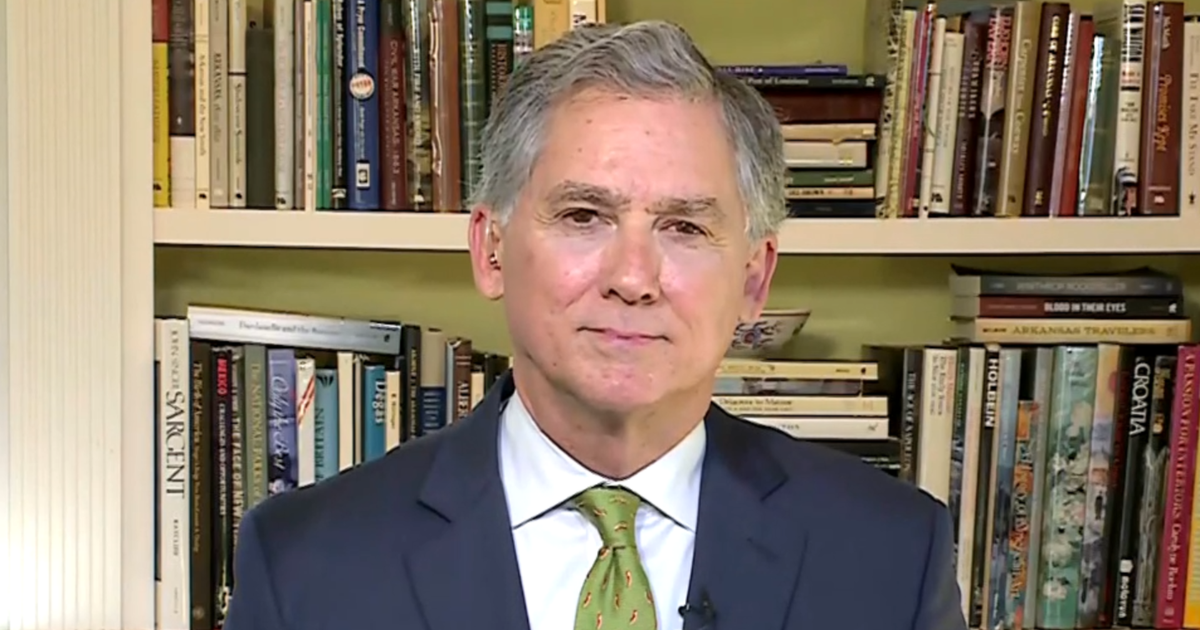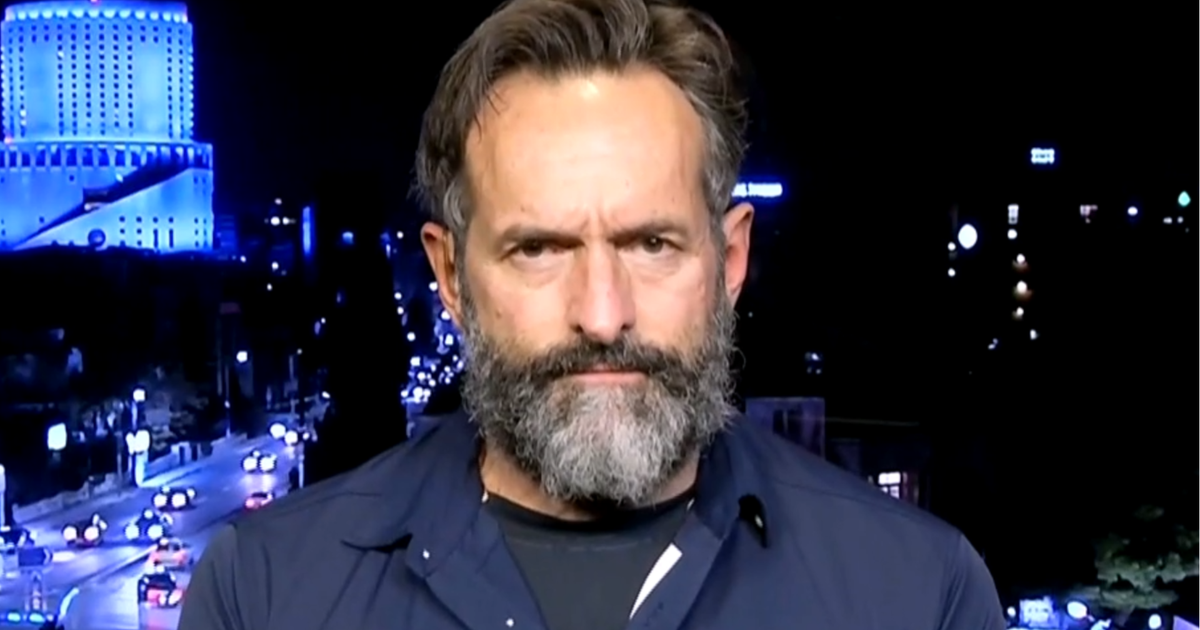French President Emmanuel Macron will try to stave off challenge from hard-right leader Marine Le Pen in election's second round
French President Emmanuel Macron will have his work cut out for him over the next two weeks as he seeks re-election. He led the field after the first round of Sunday, winning almost 28% of the vote, almost five points ahead of far-right leader Marine Le Pen, with 23%.
The two now go through to the second-round runoff on April 24. That was the case five years ago, too – but then, Le Pen getting through to the second round was a surprise.
This time, Le Pen ran her campaign with her eye firmly fixed on the prize of the Elysée presidential palace.
The leader of the far-right National Rally party toned down her extremist rhetoric and avoided addressing any of the topics that might remind people that an image change does not mean a policy shift. There was no mention of her hardline stance on immigration, Islam or national identity.
Macron is sure to change that over the next two weeks. It's expected there will be a candidates' debate, and he will raise those issues. He will also remind French voters that Le Pen has long been a fan of Russian President Vladimir Putin. Even as she condemned the invasion of Ukraine and very publicly visited some of the refugees who fled to France, she still believes Putin and France should be allies.
The challenge for Macron now is to unite the left and center-left behind him for the second-round runoff. He said today that he also wanted to reach out to Le Pen's voters. He noted that he respected his opponent, but "I fight against Madame Le Pen's ideas; I want to speak to her voters".
Most of the 10 candidates who lost yesterday's first round called on their supporters to block Marine Le Pen. However, that doesn't mean they will vote for Macron – they may simply abstain.
When he rode in on a wave of change and optimism five years ago, Macron promised to rid France of the extremism that had brought Le Pen to the second round.
However, extremism is clearly higher now than then. A third of voters yesterday chose a far-right candidate. And a further 22% voted for the far-left, meaning that more than half of the voters preferred an extremist – and Macron has failed utterly to fulfill his promise.
Sunday's first round confirmed what was already a trend, as none of the traditional center-left and center-right candidates could even attract five% of the vote.
Macron has disappointed many of the left and center-left voters who backed him in 2017 in order to block Le Pen. Many feel he is out of touch with what concerns people right now – the economy, their purchasing power and job security.
Opinion polls show that Macron is considered a good statesman, and the best man to lead the country in a crisis. The French feel he has done a good job overall in handling the Covid pandemic, and backed his shuttle diplomacy over Ukraine. But that may not be enough to see him re-elected.
"Trust in Emmanuel Macron is higher than ever," Emmanuel Rivière, director of international polling at Kantar Public told CBS News. "But when you want to be re-elected as president, you have to propose something for the five years to come. And I think it's not clear what Emmanuel Macron proposes to do in the five years to come."
The same polls found that Le Pen was seen as being more aware of people's concerns and more likely to bring about changes to improve their financial lot. "We're very close," Le Pen said Monday. "I can win the second round."
With just two weeks to convince voters to back them, the runoff candidates need to persuade those who voted for the other 10 candidates – and the 26% who abstained – to vote for them. The contest is far from over.




